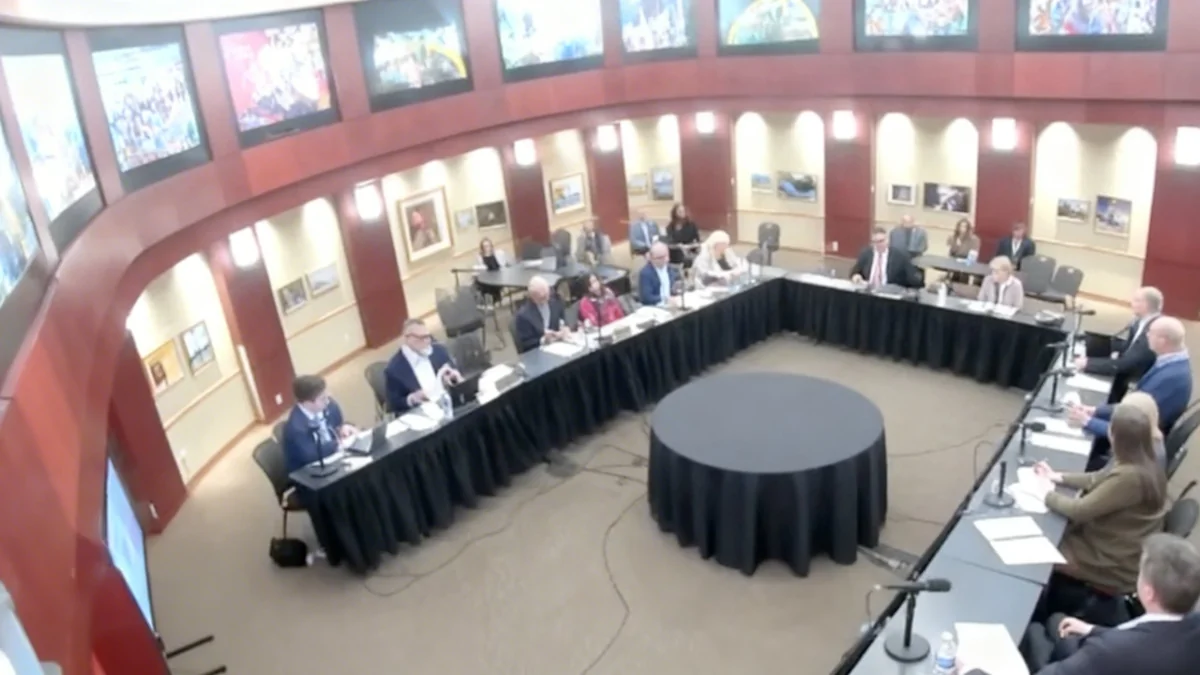The University of California San Diego has altered the terms of a scholarship previously designated for Black students, opening it to applicants of all races. This change follows a lawsuit that accused the university of using a private foundation to circumvent state and federal anti-discrimination laws.
The program, formerly known as the Black Alumni Scholarship Fund, has been renamed the Lennon Goins Alumni Scholarship Fund. The move comes after legal action was initiated by a civil rights organization on behalf of a student who claimed he was ineligible for the scholarship solely because of his race.
Key Takeaways
- UC San Diego has made its Black Alumni Scholarship Fund, now the Lennon Goins Alumni Scholarship Fund, available to all students regardless of race.
- The change was prompted by a lawsuit filed by the Pacific Legal Foundation, which cited the 1871 Ku Klux Klan Act.
- The lawsuit alleged that UCSD conspired with a private foundation to bypass California's ban on affirmative action in public institutions.
- This case may establish a legal strategy to challenge similar race-based scholarship programs at other public universities nationwide.
A Lawsuit Prompts Major Policy Shift
The University of California San Diego has revised one of its prominent scholarship programs after facing a significant legal challenge. The scholarship, originally established as the Black Alumni Scholarship Fund, was exclusively available to Black students. Following the lawsuit, the university has made the scholarship accessible to all students and renamed it the Lennon Goins Alumni Scholarship Fund.
The legal action was brought forward by the Pacific Legal Foundation (PLF), a nonprofit legal organization, representing a student named Kai Peters. Peters alleged he was denied the opportunity to apply for the scholarship because he was not Black, which he described as a form of "institutionalized racism."
California's Proposition 209
In 1997, California voters passed Proposition 209, an amendment to the state constitution that prohibits public institutions, including state universities, from discriminating against or granting preferential treatment to any individual or group on the basis of race, sex, color, ethnicity, or national origin in public employment, public education, or public contracting.
Allegations of a Legal Workaround
The core of the lawsuit centered on how the scholarship was administered. The complaint alleged that UCSD used a private, off-campus nonprofit, the San Diego Foundation, to manage the fund. This structure, the lawsuit claimed, was a deliberate attempt to sidestep the legal obligations imposed by Proposition 209, which applies to public entities but not private ones.
According to the legal filing, while the San Diego Foundation is a private entity, it was allegedly operating at the direction of the university. The lawsuit argued that UCSD provided student racial data to the foundation to facilitate the selection process, effectively outsourcing its discriminatory practices to a private partner.
A 19th-Century Law Finds New Application
In a notable legal strategy, the Pacific Legal Foundation based its case on the Ku Klux Klan Act of 1871. This post-Civil War federal law was originally enacted to combat conspiracies aimed at depriving citizens of their constitutional rights.
The foundation argued that the arrangement between UCSD, a public actor, and the San Diego Foundation, a private actor, constituted a conspiracy to deprive non-Black students of their right to equal protection under the law. The lawsuit contended that this collaboration was precisely the kind of action the historical act was designed to prevent.
"This victory proves that the Constitution’s promise of equality before the law still has teeth," stated Jack Brown, an attorney for the Pacific Legal Foundation, in a public statement. "The Ku Klux Klan Act was written to stop government actors from conspiring with private parties to discriminate—and that’s exactly what happened here."
Faced with this legal argument, UCSD opted to change the scholarship's terms before the case could proceed further in court. The university's decision to settle the matter by opening the scholarship suggests an acknowledgment of the legal risks involved.
University Responds to Changes
In a statement following the scholarship's revision, UC San Diego affirmed its commitment to legal compliance. "We are grateful to all of our community supporters who have generously given to fund scholarships for UC San Diego students, and we are committed to complying with all federal and state anti-discrimination laws," the university said.
National Implications for University Policies
The outcome at UC San Diego is being watched closely by higher education institutions across the country. The case serves as a potential blueprint for challenging similar scholarship programs at other public universities that may be using private foundations to maintain race-based admissions or financial aid criteria.
Several other major public universities, including the University of California, Berkeley, and the University of Texas at Austin, have been identified as having similar arrangements where race-based scholarships are managed by external foundations. The success of the legal threat against UCSD could embolden legal challenges in other states.
A Test Case for DEI Programs
This development arrives amid a broader national debate over diversity, equity, and inclusion (DEI) initiatives in higher education and the corporate world. While private foundations can legally distribute funds based on race, the key legal question is whether they can do so in coordination with or at the direction of a state-funded institution bound by anti-discrimination laws.
The resolution in the UCSD case suggests that the threat of litigation, particularly using novel applications of existing federal laws, can exert significant pressure on universities to reform practices that may not withstand legal scrutiny. Legal experts suggest this strategy may prove effective in dismantling similar programs without the need for lengthy and costly court battles, signaling a potential shift in how public institutions approach scholarship administration and DEI goals.





